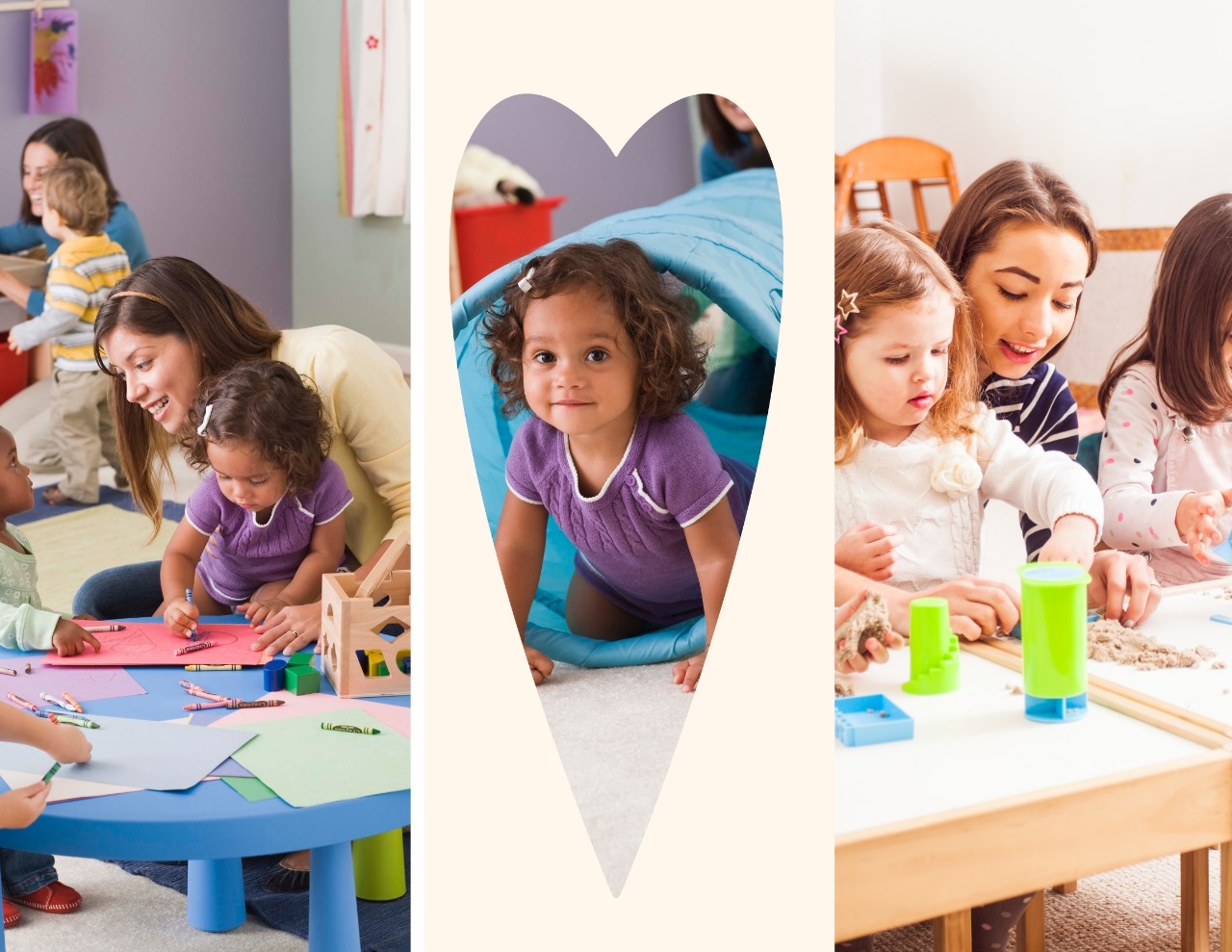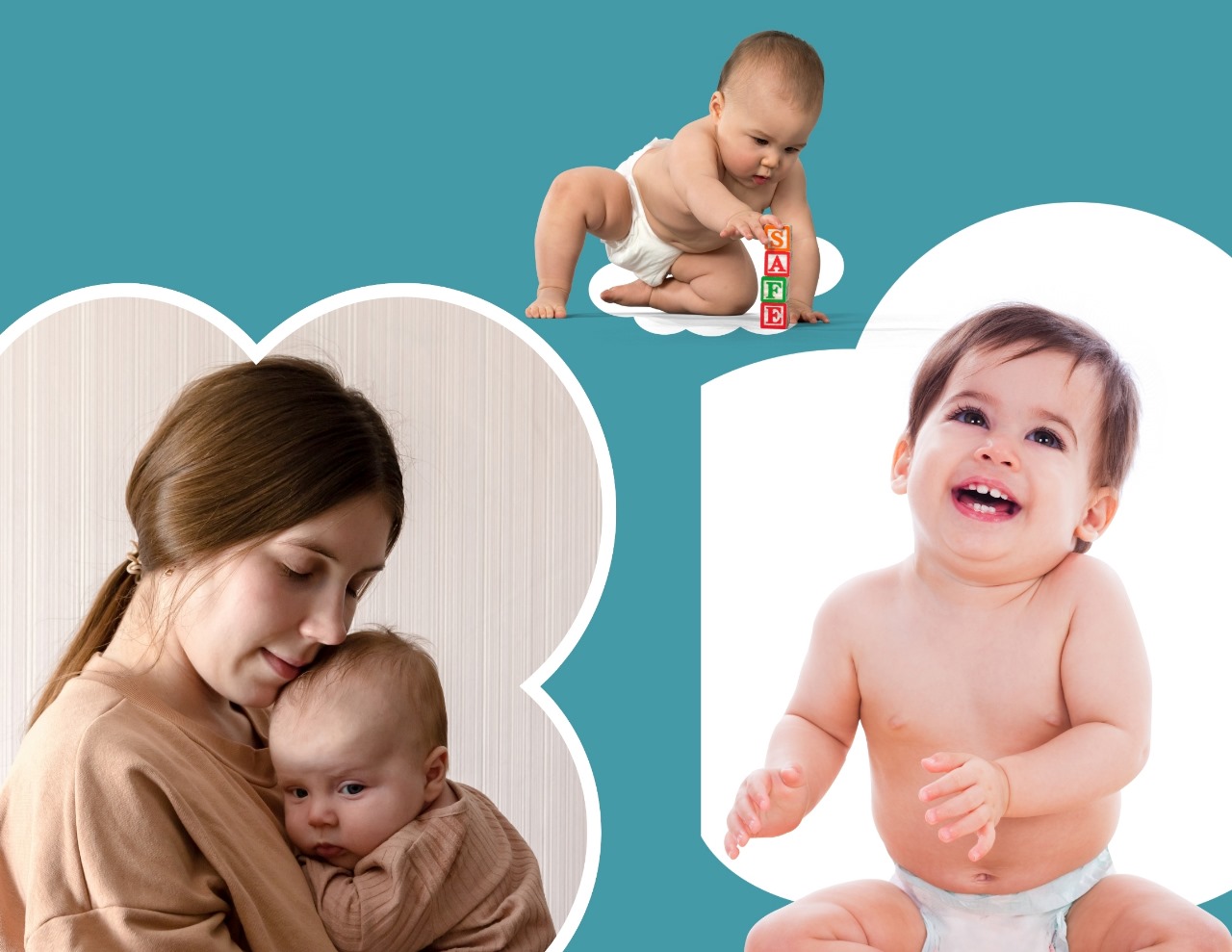Why do you need Nutrition for your kids health?
Greeting a newborn into the world is essential for baby health care with love, joy, and the responsibility of ensuring their baby health care and well-being. Babies require particular care and concentration to flourish when they enter this world. Realization the essentials of baby health care is vital for parents. Caregivers provide the best start in life for their little ones. In thees extensive guide, we’ll pore over various factors of baby health care, protecting everything from nutrition and hygiene to vaccinations and developmental landmarks. By preparing yourself with learning and helpful tips. You can foster a healthy and happy beginning for your beloved bundle of joy. Proper diet is essential for a baby’s growth and development, spreading the foundation for their future health.

Breast milk is crucial for newborn health care:
The breast milk which is the gold standard of subsistence and providing vital nutrients, antibodies, then enzymes tailored to their needs for baby health care. Breastfeeding is recommended for the first six months of life. We can provide supplementary foods with breastfeeding for up to two years or beyond. For mothers who are unable to breastfeed then infant recipe is a convenient alternative, providing a balanced mix of nutrients necessary for optimal growth. It’s essential to follow recommended guidelines for preparing and feeding recipe to assure safety and proper nutrition for your baby which is required for baby. As babies introduce a variety of healthy options which are fruits, vegetables, whole grains, slim proteins, and dairy products. We have to pay attention to food allergies and sensitivities, gradually introducing new foods.

When do you need more cautious about baby health?
Maintaining good hygiene environment is essential for preventing infections and keeping your baby healthy. Select a routine for bathing, diaper changing and your baby’s surroundings to minimize the hazard of germs and bacteria. When bathing your baby and use a bit of light warm water and a mild, fragrance-free soap fit for their soft skin. Gently wash their body, giving a special attention to wrinkles and folds where dirt and bacteria can gather. Maintain your baby’s environment clean by regularly because disinfecting playthings, pacifiers, and other things they come into touch with. Clean their bedding and clothing with a soft detergent free of dyes to avoid perfumes for skin itch.
When will we take Vaccination for our newborn baby?
Vaccination is a cornerstone of preventive baby health care which protects babies against severe infectious illnesses. Pursuing the suggested immunization program is essential to provide timely safeguard and help build immunity against potentially life-threatening diseases. Consult with your pediatrician to confirm your baby accepts all the required vaccines according to the suggested plan. It’s usual for babies to share mild side results like redness, bump, or low-grade fever after receiving vaccines. These reactions are normally short-lived and show that the resistant system is responding to the vaccine. However, if you have any concerns about your baby’s reaction to vaccines, don’t hesitate to go your healthcare provider for advice
Developmental Milestones is important for baby health.
Observing your Baby’s developmental landmarks are an essential aspect of healthcare, supplying insights into their physical, mental, and social improvement. While every child develops at their own pace. There are available landmarks that most babies reach within specific age ranges. Maintain track of your baby’s milestones and celebrate their achievements. If you have worries about your baby’s health care or notice any delays in reaching landmarks, then consult them with your pediatrician. Early intervention and support can often handle underlying topics. Earlier intervention help your baby reach their maximum potential.
Safety for kids health:
Making a safe surroundings is crucial to save your baby because keep your baby free from accidents and injuries. Take bold steps to childproof your home, secure wardrobes, cover electrical platforms and establish safety entrances to prevent falls which other hazards will remain. Always use proper protection gear, such as car seats high and chairs and infant gates, when transporting or holding your baby. So, assure that cribs and other sleep surfaces meet current safety of standards. With no loose bedding, toys, or cords that could pose a suffocation risk. Practice safe sleep habits by placing your baby on their back to sleep in a firm, balanced crib accommodations free of soft bedding or cushions. Avoid overheating by dressing your baby in weightless clothing and keeping a comfortable room temperature.
At last we can tell:
So we can tell that caring for a baby health care is a rewarding yet difficult journey that requires commitment, knowledge, and love. By prioritizing their health and well-being through proper nutrition, hygiene, immunizations, developmental monitoring, and safety measures, you can give your baby the best possible start in life. Recall that each baby is special, and there’s no one-size-fits-all process to healthcare. Delegate your intuitions, stay informed, and pursue guidance from healthcare professionals whenever needed.

